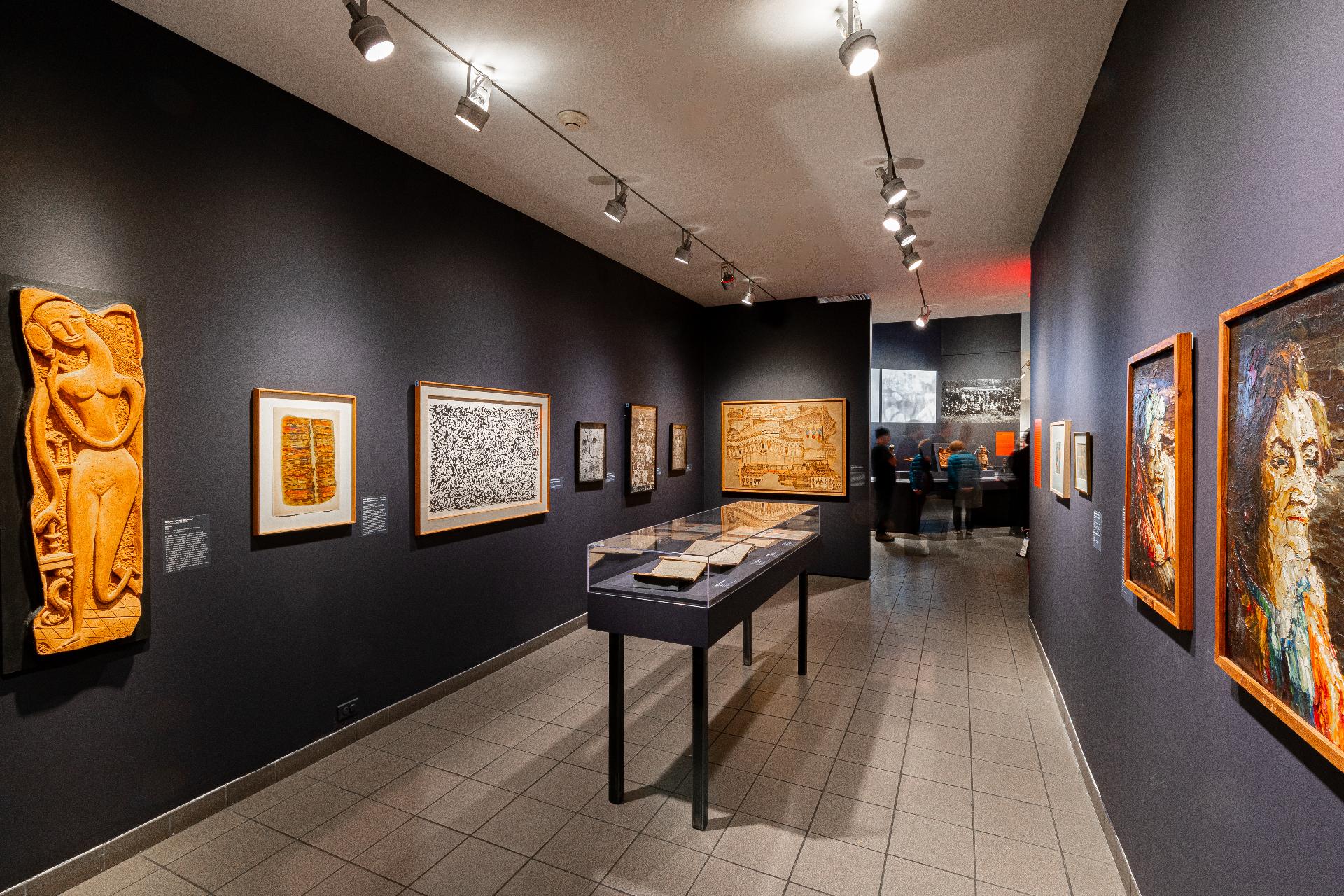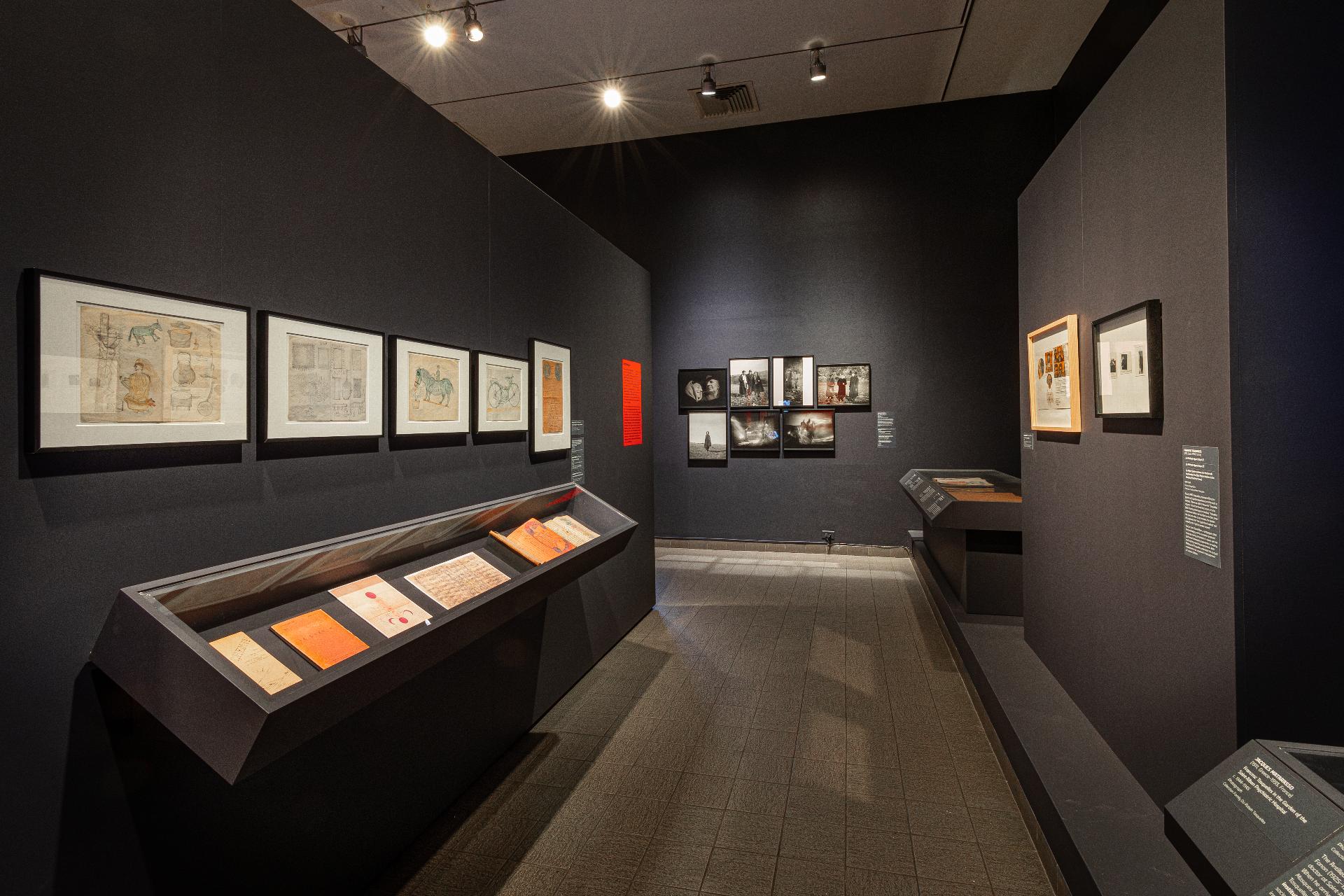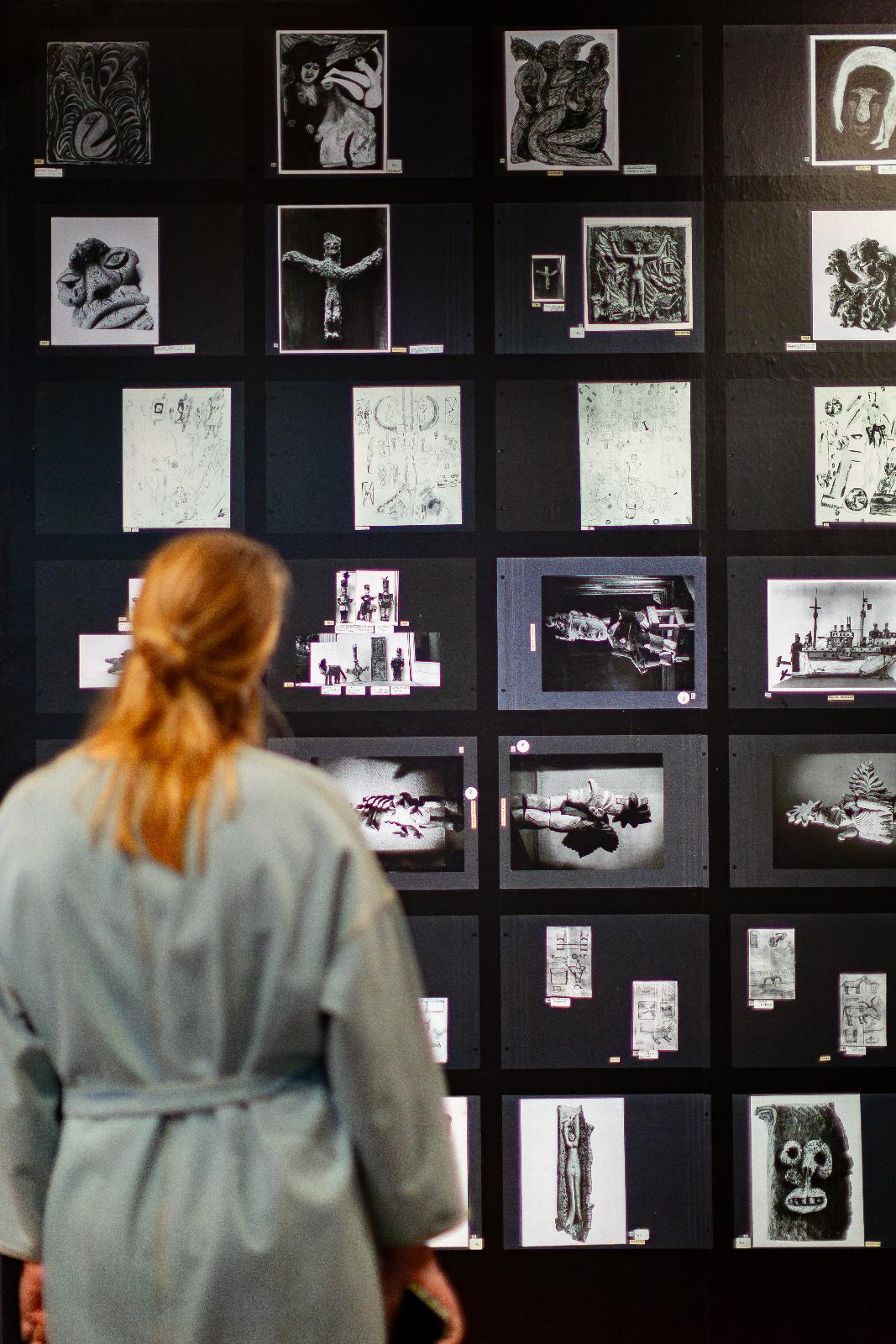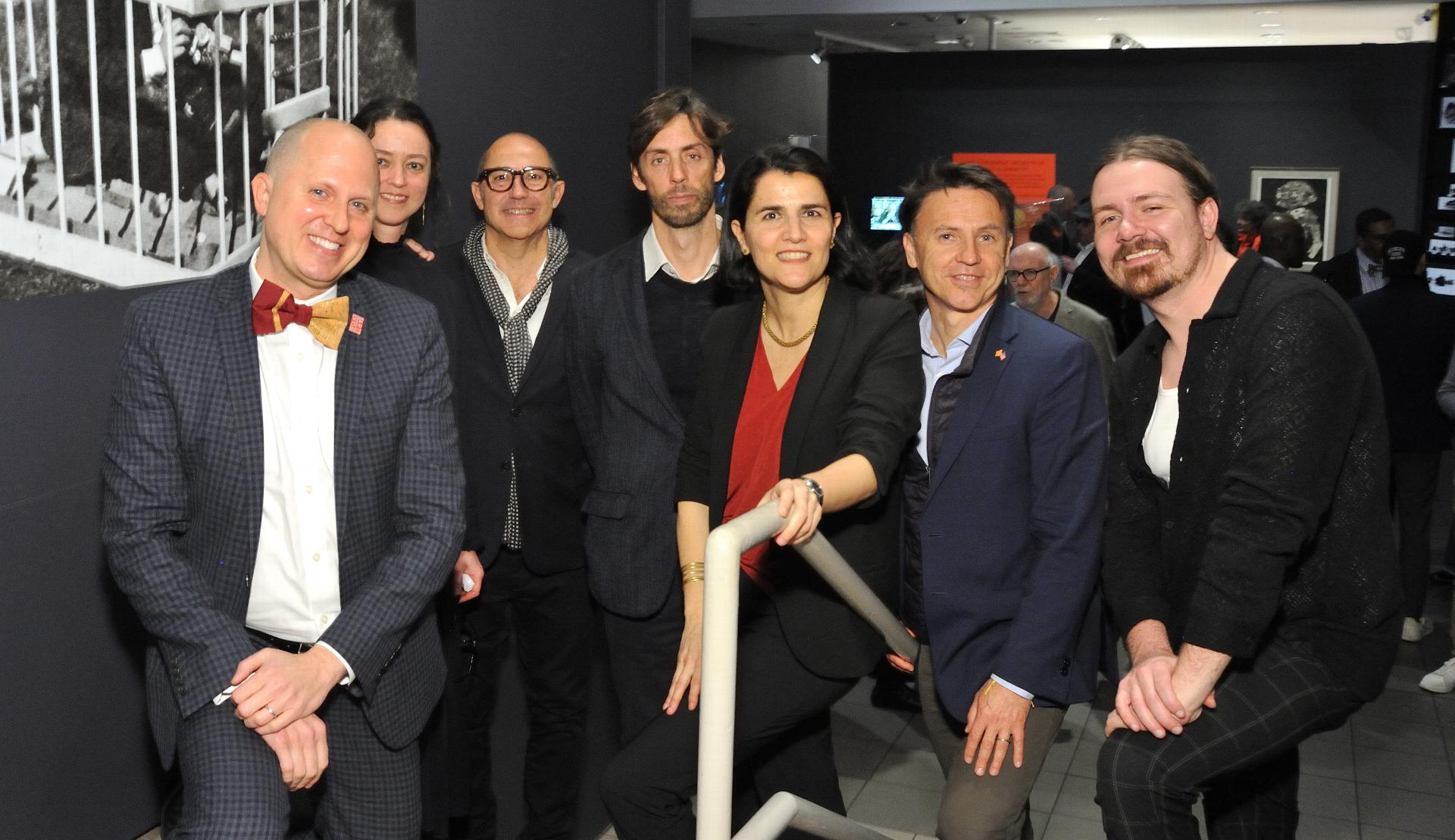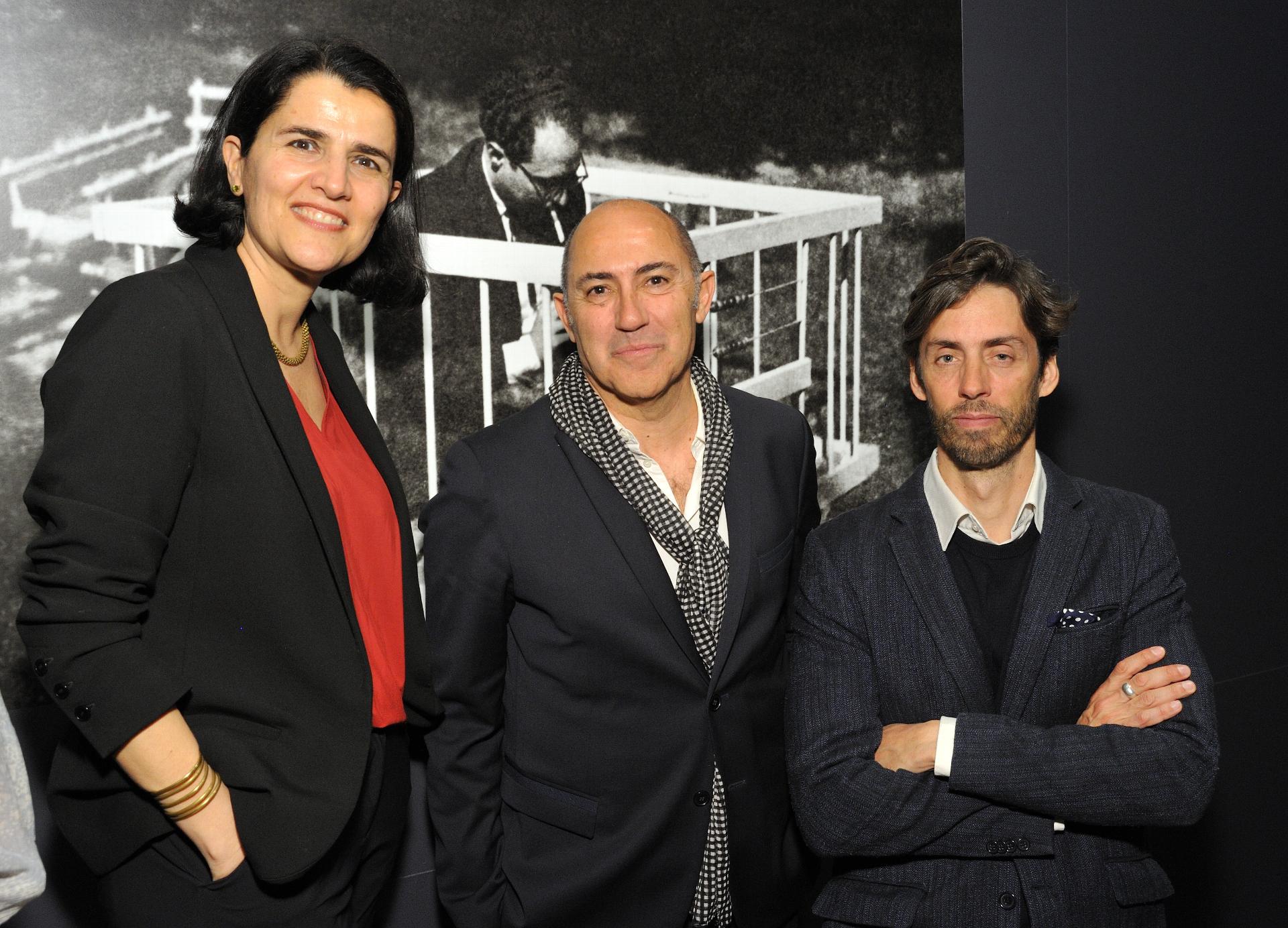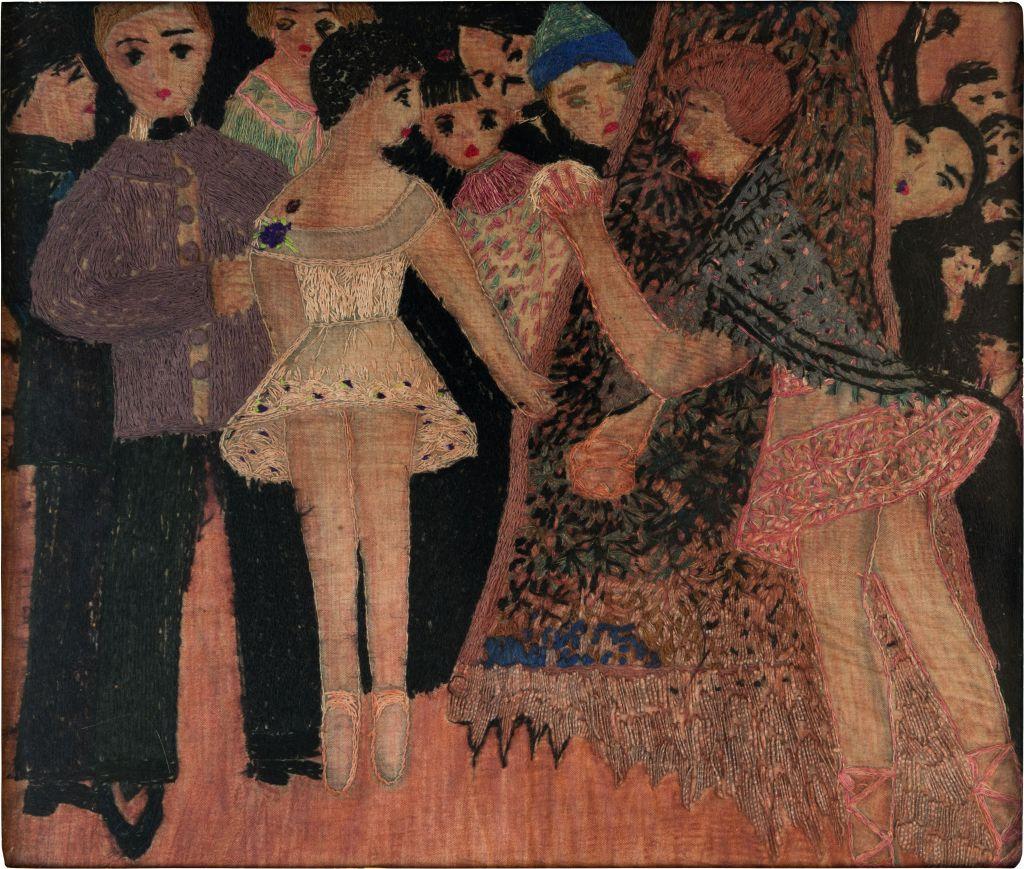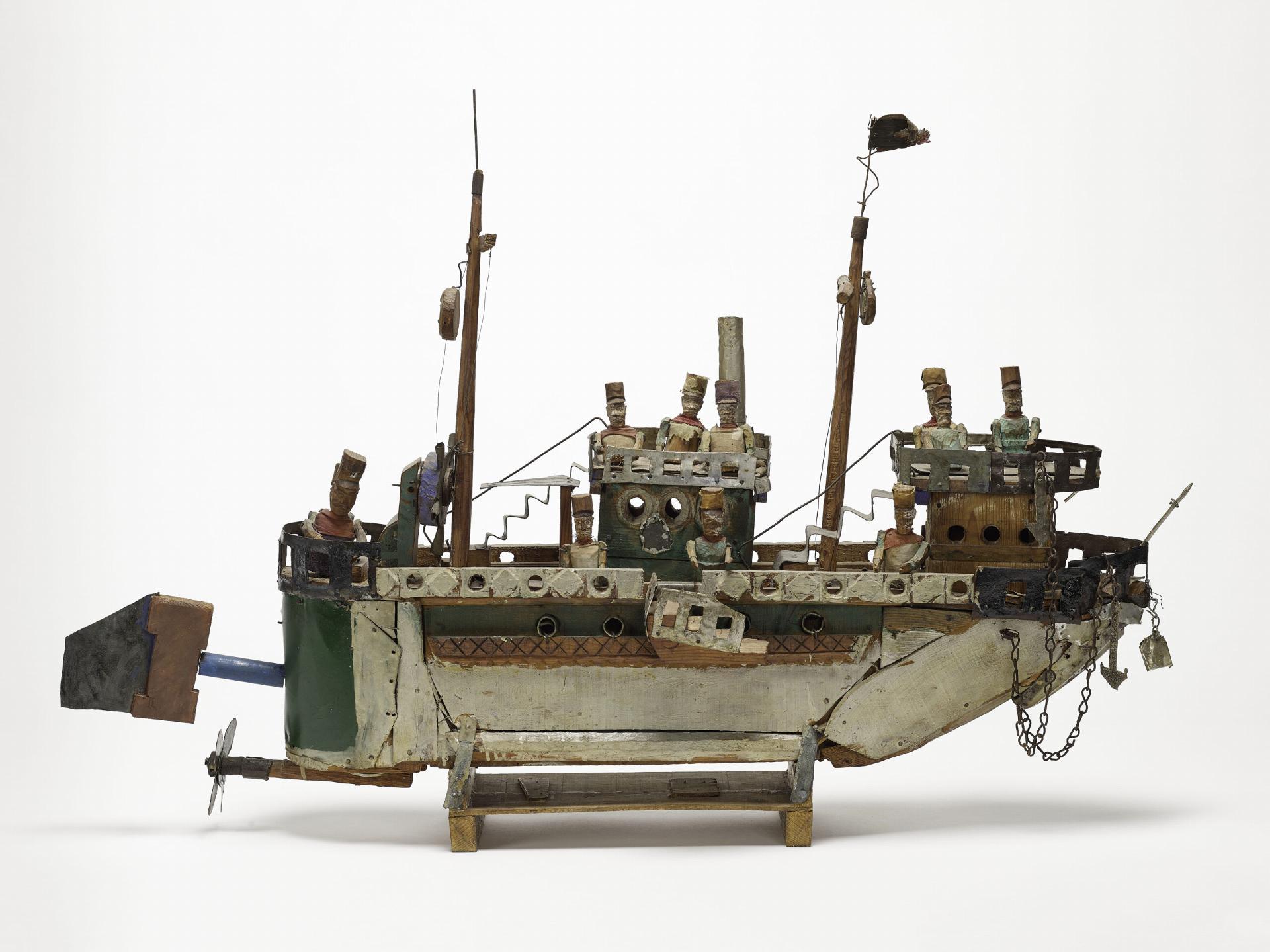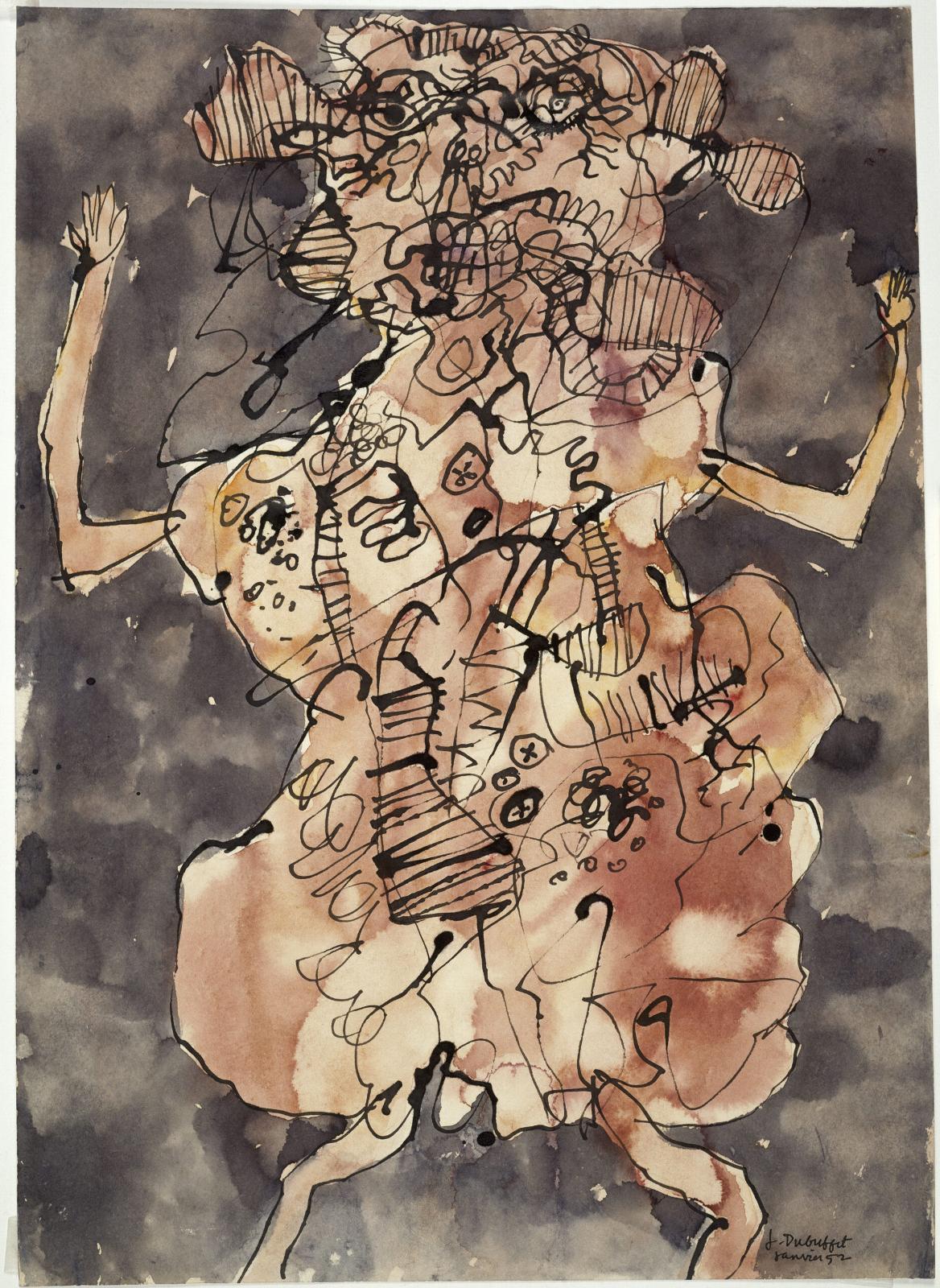The exhibition Francesc Tosquelles: Avant-Garde Psychiatry and the Birth of Art Brut, originally co-organised by the Centre de Cultura Contemporània de Barcelona (CCCB) and Les Abattoirs (Toulouse), explores for the first time in the United States, the legacy of this Catalan psychiatrist who revolutionised the medical practices of his time, addressed the social roots of mental illness and proposed a transformation of psychiatric institutions.
Francesc Tosquelles (Reus, 1912 – Granges d ‘Olt, 1994) was educated in the political and cultural traditions of the Commonwealth of Catalonia and the Republic. In 1939, after fighting on the Aragonese Front and in Extremadura during the Civil War, he was forced to go into exile in France. Working in the concentration camp of Sètfonts and, above all, in the psychiatric hospital of Saint-Alban (Toulouse), Tosquelles questioned and transformed the approaches of psychiatry at that time with a practice that linked politics, clinical experimentation and culture. He was a pioneer in introducing commissions and patients' clubs, self-management, and caregiver training, among other things. He also opened the hospital to a variety of artistic practices, which improved patients' social relationships and humanised the lives of thousands of patients.
During the German occupation of France, the Saint-Alban sanatorium became a refuge for political and intellectual dissidents linked to the artistic avant-garde. These dissidents learned about the extraordinary creativity of the patients who lived there, including Auguste Forestier, Marguerite Sirvins and Aimable Jayet. The works of these patients, which are part of the exhibition, inspired the French artist Jean Dubuffet to coin the term “Outsider Art” in 1945. The term refers to artistic expression created by people outside cultural environments and without academic training. The works are not created for economic benefit or artistic or social recognition.
The exhibition includes works by European artists associated with Tosquelles and Dubuffet's concurrent aspirations to improve mental health and the institutions themselves, as well as films and archival documents that delve into Saint-Alban's influence on 20th-century French intellectual life, with interventions by poets Antonin Artaud, Paul Éluard and Frantz Fanon, and psychiatrist Jean Oury.
Francesc Tosquelles: Avant-Garde Psychiatry and the Birth of Art Brut also examines the history of mental health in the United States through the works of American artists such as Martín Ramírez, Judith Scott, Masaaki Iswasmoto, Melvin Way, and Gabriel Mitchell.
The American Folk Art Museum exhibition is based on the Francesc Tosquelles exhibition. Com una màquina de cosir en un camp de blat (Like a sewing machine in a wheat field), co-organised by the CCCB and Les Abattoirs curated by Joana Masó and Carles Guerra, which could already be visited in these art centers in Barcelona and Toulouse, and also in the Museo Nacional Centro de Art Queen Sofia of Madrid. In its fourth international presentation, at the American Folk Art Museum in New York, the exhibition has been co-curated by Valérie Rousseau and Edward Dioguard.
Publication
The American Folk Art Museum has published the book Francesc Tosquelles: Avant-Garde Psychiatry, Radical Politics, and Art with the support of the Institut Ramon Llull. The book will accompany the exhibition. This is the first academic publication in English focused on Tosquelles that compiles essays and research by several authors. The authors reflect on the practices he proposed to defend people living with mental health problems, improve the lives of patients in psychiatric institutions, and denounce the pathologies that European fascism caused. The book features contributions from the exhibition's curators, Valérie Rousseau, Joana Masó, Carles Guerra, and Edward Dioguardi, as well as texts from Mireille Berton, Christophe Boulanger, Kaira M. Cabañas, Éric Fassin, Savine Faupin, Jean Khalfa, Raphaël Koenig, Sarah Lombardi, Josée Manenti, Julien Michel, W.J.T. Mitchell, Paul B. Preciado, Alejandra Riera, Camille Robcis, Mireia Sallarès, Martin Summers, Annabelle Ténèze, and Tosquelles himself.
Public Programming
The American Folk Museum will carry out a public programme with the support of the Ramon Llull Institute, based on the theme of the exhibition. The planned activities are:
12 April 2024, 1 p.m.
Visit to the exhibition with the co-curator of the exhibition, Carles Guerra.
16 April 2024, 1 p.m.
2 and 3 May
Virtual Institutional Psychotherapy Symposium: Legacy and Constellations of Francesc Tosquelles
21-23 June
The Museum of the Moving Image is hosting a film cycle that will feature the screening in New York of the film “Història potencial de Francesc Tosquelles” (Potential History of Francesc Tosquelles) by Mireia Sallarès, who will participate in a subsequent debate with the co-curator of the exhibition Joana Masó.

